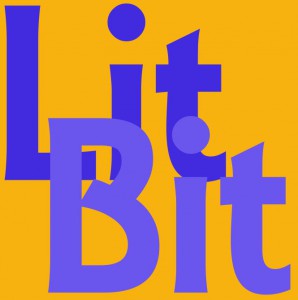
LitBit: Christian worship is nothing less than an invitation to participate in the life of the triune God…Worship is not for me – it’s not primarily meant to be an experience that ‘meets my felt needs,’ … rather, worship is about and for God. […T]he triune God is both the audience and the agent of worship: it is to and for God, and God is active in worship in the Word and sacraments. It is this emphasis on action, and particularly God’s action in worship, that Wolterstorff distills as the ‘genius’ of Reformed worship. ‘The liturgy as the Reformers understood and practiced it consists of God acting and us responding through the work of the Spirit.’ As such, ‘the Reformers saw the liturgy as God’s action and our faithful reception of that action. The governing idea of the Reformed liturgy is thus twofold: the conviction that to participate in the liturgy is to enter the sphere of God’s acting, not just of God’s presence, plus the conviction that we are to appropriate God’s action in faith ‘and gratitude through the work of the Spirit. . . . The liturgy is a meeting between God and God’s people, a meeting in which both parties act, but in which God initiates and we respond’.
James K. A. Smith Desiring the Kingdom, p.149f
How to use LitBit Features and Commentaries.


